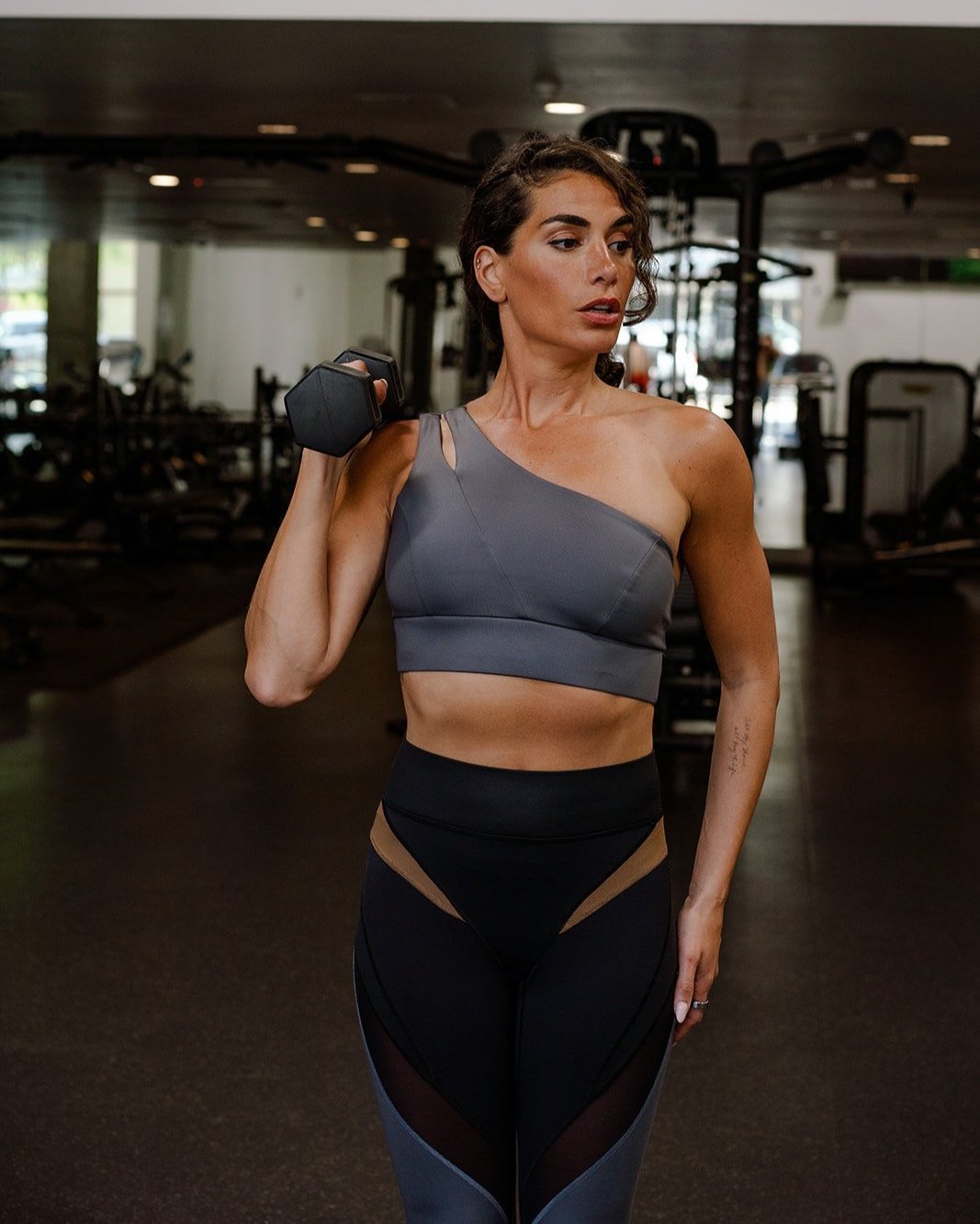The Truth About Intermittent Fasting for Women Revealed

Intermittent fasting has gained significant popularity in recent years, touted for its potential health benefits. However, when it comes to women, it's important to understand that fasting may affect them differently than men. In this article, we'll explore the pros and cons of intermittent fasting for women, backed by scientific evidence. So, grab a cup of herbal tea and let's dive in!
Pros of intermittent fasting for women:
1. Enhanced Weight Loss
Research suggests that intermittent fasting may contribute to weight loss in women by reducing calorie intake and increasing fat burning. By incorporating fasting periods into their routine, women can create a calorie deficit and potentially shed those stubborn pounds.
2. Improved Insulin Sensitivity
Intermittent fasting has shown promising effects on insulin sensitivity, which is particularly relevant for women with polycystic ovary syndrome (PCOS) or insulin resistance. By practicing fasting, women may be able to better regulate blood sugar levels, leading to improved overall health.
3. Potential autophagy benefits
Autophagy refers to the natural process of removing damaged cells within our body. Intermittent fasting has been linked to stimulating autophagy, which could help women maintain healthy cellular function and possibly reduce the risk of certain diseases.
Cons of Intermittent Fasting for Women:
1. Hormonal imbalances
Women are more sensitive to changes in energy balance and nutrient availability, which could potentially disrupt hormone production. Severe caloric restriction during fasting may negatively impact menstrual cycles, fertility, and overall hormonal balance. It's essential for women to pay attention to their body's responses and consult with a healthcare professional if needed.
2. Potential nutrient deficiencies
Restricting food intake for extended periods might make it challenging to meet nutrient needs, especially for women who are already at risk of deficiencies. Nutrients like iron, calcium, and B vitamins are vital for women's health, so it's important to ensure a well-balanced diet during non-fasting periods.
3. Heightened stress levels
Fasting can place stress on the body, potentially leading to increased cortisol levels. Women who are already experiencing chronic stress may want to approach intermittent fasting with caution, as excessive stress hormone levels may have adverse effects on overall well-being.
4. Difficulty building muscle
Women who are trying to build muscle may need to consider the timing of their workouts and feeding windows to optimize nutrient availability during the post-workout period. Experimenting with different fasting and feeding schedules may help find what works best for each individual. It’s also important for women to ensure they consume enough calories during their feeding windows to support muscle growth and recovery. Adequate protein intake is especially crucial for muscle synthesis!
While intermittent fasting can offer several benefits for women, it's crucial to approach it mindfully. Monitoring how your body responds is essential, as individual experiences may vary.
Embracing a holistic approach to health that combines nutrition, fitness, stress management, and self-care can lead to a well-rounded lifestyle. Always remember that every woman is different, and finding what works best for your unique needs is key.
If you need support, feel free to reach out to me. I’m currently taking on new 1:1 nutrition clients and would love to hear from you!
Follow Amanda Hart for free fitness tips






































